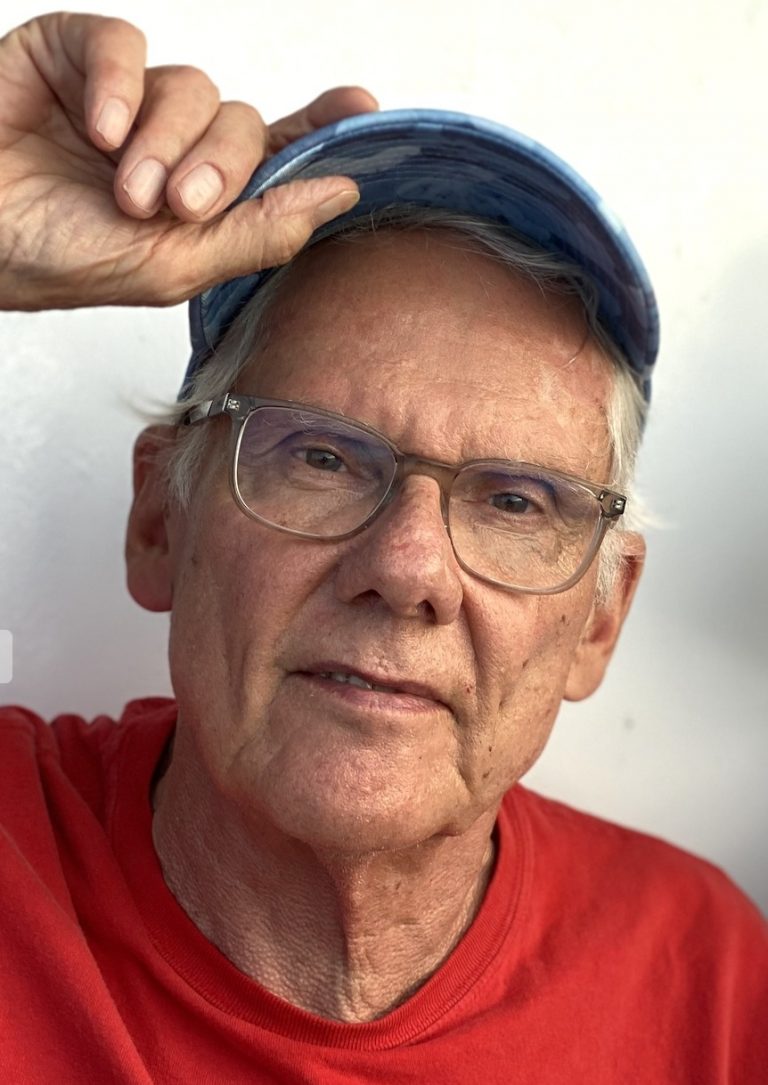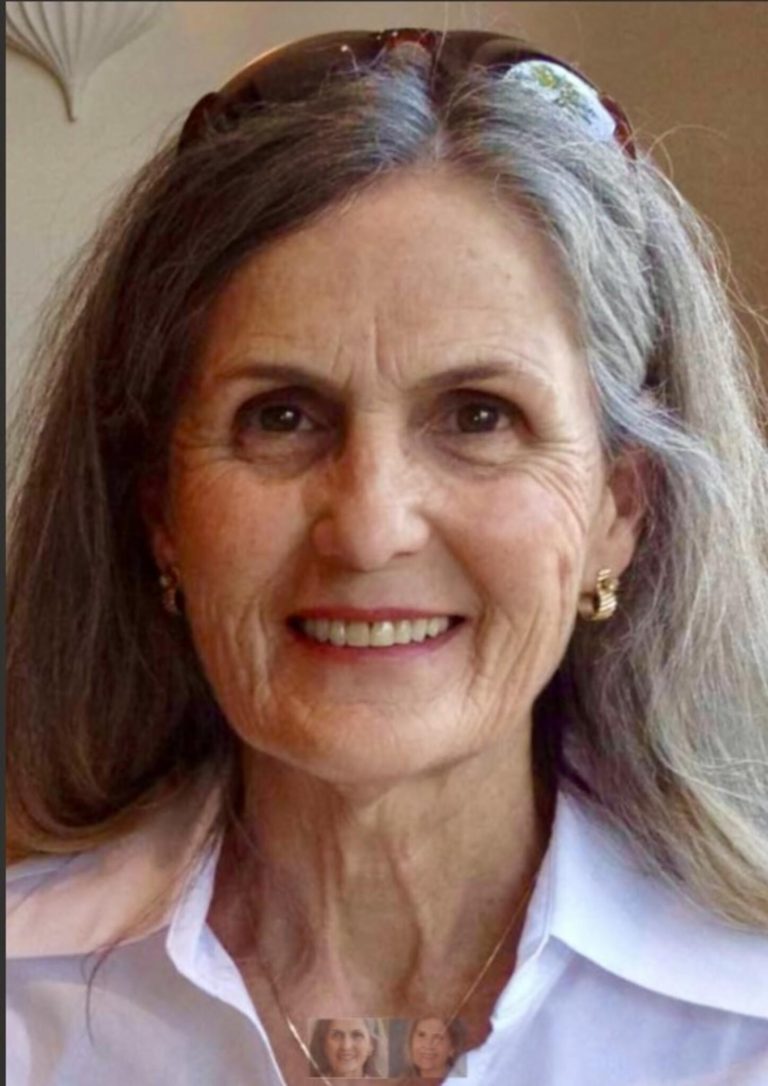By Mark Shoup
Retired Educator
Pratt County columnist
Remember the old Marx Brothers shtick where Groucho is giving Chico and Harpo directions to some secret rendezvous point? As he explains, he points at a map and says go over this road and that, turn left and right, then over the viaduct. At this point, Chico interrupts with “Why a duck?” Groucho does a double take and starts over, but each time he gets to the viaduct, he is interrupted with something like, “Why a duck? Why not a goose? Or a chicken?”
Eventually, they get distracted by some other classic slapstick gem, and they’re off and running with the question unresolved.
Well, now I’m off and running with a Chico-like conundrum rattling around in my brain, leading me down a line of reasoning that may be as disjointed as a 1930s comedy film plot: Why a goose? Or more specifically, why a Canada goose? Examining this question may lead us on a wild goose chase, but what the heck.
We are told by ornithologists that the correct name for the most common goose in Kansas is Canada goose, not Canadian goose. But why do we insist upon calling our favorite honker the Canada goose? How did the Canada goose come by it’s moniker in the first place? Perhaps some northern school teacher thought “Canadian goose” sounded obscene.
It has been suggested that “Canadian” implies propriety, as if to say “Canadian” means it belongs to Canada but to say “Canada” merely implies that it is of Canada. But a lot of Canada geese never see that country in their lifetimes. We have a pairs nest around Pratt every year, and I’m sure if they could put it in words, they would say that they were Kansans.
Of course, I have to admit that Kansan goose sounds a bit odd, but what about the
Hungarian partridge, the Bohemian waxwing, the Caribbean martin, the Mexican crow, or the American wigeon? What about Canadian bacon? Shakespeare said that a rose by any other name would smell as sweet, but how would a goose smell if we changed its name. How about something logical that describes the bird, likewhite-cheeked goose or black-necked goose. The way Canadas have taken over some urban areas, city folks might prefer something like the fertilizer goose, the park-bench corn beggar, or the back-nine grazer.
I realize that if we changed the goose’s name, it would take years to catch on. Our state conservation agency has been known as the Kansas Department of Wildlife and Parks since 1987, but most folks still call it the “Fish and Game,” even in Pratt. Still, most people — even some avid wildlife enthusiasts — call the honker a Canadian goose. I hear it commonly. I agree that it sounds better than Canada goose, but why not end the confusion and start over with something descriptive enough that people could see the bird and make a logical connection between creature and name.
Of course, there’s inherent danger in such a radical undertaking. We could risk war with Canada, eh? Or even worse — Congress could get involved. I can see it now: Congress passes a law making the (formerly) Canada goose the national bird of the District of Columbia and, ignoring the irony, renames it the “Congressional Goose.” Under pressure from the poultry lobby, President Trump lets the bill slide, and it becomes law. Then the Canadian Parliament might retaliate with a total ban on the showing of Arnold Schwarzenegger movies. Or the Bluejays boycott baseball and the season is threatened. Quebec washes its hands of the entire
matter and secedes from the Commonwealth, and a movement begins to force the Montreal Canadiens to change its name, too.
Conspiracy theorists in the U.S. expose the entire affair as an attempt to divert attention from the fact that the two governments — in league with an international banking cartel — are hiding spaceships in suburban west Denver, ready to transport all elected officials, the 10 richest families in each country, and Taylor Swift off the planet just in time to avoid the inevitable collision of Earth and the comet 210P/Christensen, due right about election day this coming November.
Well, maybe changing the Canada goose’s name isn’t such a good idea after all.




